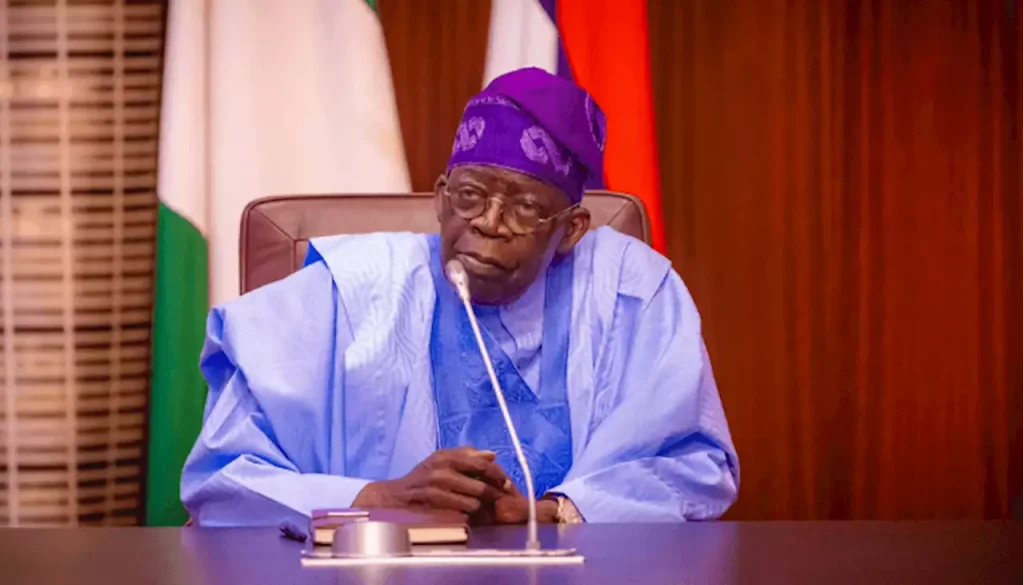The government is deliberating over potential restrictions on online platforms like Binance and other cryptocurrency exchanges to tackle what it views as persistent manipulation of the forex market and unlawful fund transfers in Nigeria. Sources privy to the government’s discussions revealed to News Central following a confidential meeting among top financial regulatory bodies held yesterday.
As of press time, the Nigerian Naira fell to N1,598.54 and 1,700 at the official and unofficial markets respectively against the United States Dollar.
According to sources within the presidency and regulatory bodies, the government is contemplating action against Binance and others due to concerns that currency speculators and money launderers are exploiting these platforms for criminal activities. Authorities believe that these illicit activities are significantly contributing to the devaluation of the naira.
Binance, a digital assets platform, enables peer-to-peer transactions where users can buy or sell fiat and cryptocurrencies of their preference, particularly stablecoins pegged to the United States Dollar such as USDT (United States Dollar Tether) and USDC (United States Dollar Coin).
In September 2023, Nigeria’s Securities and Exchange Commission (SEC) issued a disclaimer against Binance Nigeria Limited, stating that the platform was operating illegally as it was neither registered nor regulated by the Commission in Nigeria. Despite this warning, the firm continued its operations, attracting a large number of users, particularly youths and suspected speculators and money launderers.

In addition to worries about economic sabotage, officials are emphasising national security concerns due to the frequent exploitation of these platforms by criminal entities. These groups engage in various illicit activities, including ransom payments and the transfer of proceeds from blackmail, among other unlawful actions.
Furthermore, Law enforcement sources indicate that digital asset platforms are frequently used to manipulate forex values through fraudulent transactions, artificially inflating or deflating currency values.
A source at the Nigerian Financial Intelligence Unit (NFIU), has this to say “manipulators exploit the simultaneous opening of buy and sell windows for a single user to create fake demand and manipulate exchange rates, misleading the market. This manipulated price is then quoted by Bureau De Change operators, causing further distortion in the market,”
However, he highlighted that such trading activities are abetted by money launderers and terrorist financiers, who have no hesitations exploiting the system.
Binance has faced similar allegations of currency manipulation and unethical conduct, resulting in sanctions in various countries and an ongoing lawsuit in the United States.
If the government decides to ban digital asset trading platforms, it will follow in the footsteps of countries like Cuba, Iran, North Korea, Syria and many others.
In a series of related events, the Office of the National Security Adviser (ONSA) announced on Tuesday that it is collaborating with the Central Bank of Nigeria to crack down on currency speculators and economic saboteurs.


